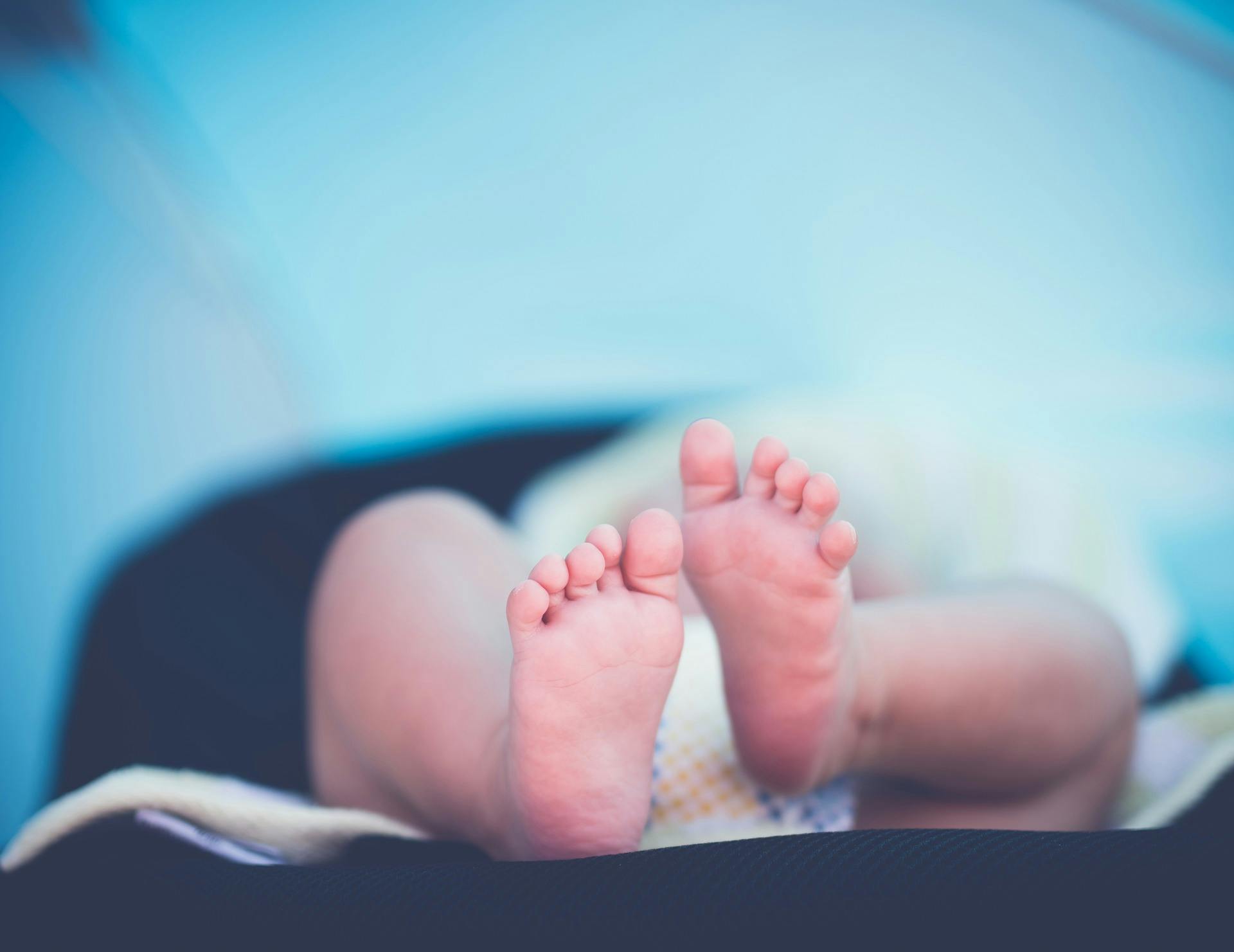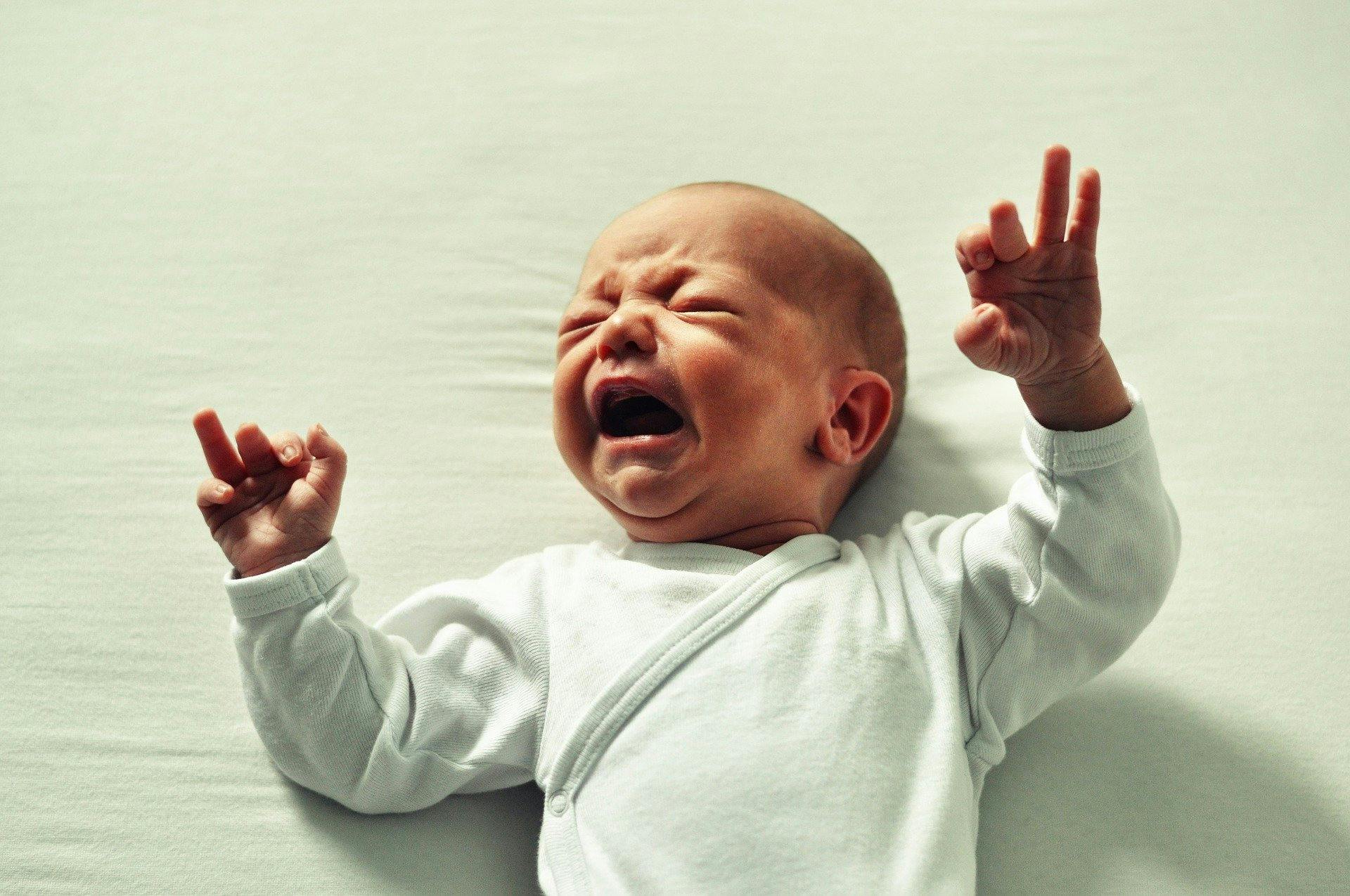As we learn more about the COVID-19 disease and the SARS-CoV-2 virus that causes it, more ways in which it can attack the human body are being discovered. It now seems likely that the COVID-19 disease could even cause birth injuries to occur if the symptoms are serious and the infection takes place early on in the development of the fetus. As we approach the births of infants who may have developed under these conditions, there are some important questions we need to ask. How are these birth injuries caused by the virus? Is there a way to prevent them? And can anyone be held liable for such injuries if they do occur?
COVID-19 May Cause an Increased Risk of Blood Clotting

One of the most worrying symptoms of the disease is an increased risk and amount of blood clotting that has been seen in some patients. Blood clots are extremely dangerous in people of all ages regardless of pre-existing conditions. Clots can cause heart attacks, strokes, and other organ failures that can be fatal if left untreated. Some researchers also believe that small clots within the lungs may actually be the cause of the respiratory failure associated with the COVID-19.
But just how high is the risk for clotting in COVID-19 patients? One study found that 31% of severely ill patients suffered from clotting. That is an extremely high percentage when compared to the high-end average of 5% for the average person in their lifetime. And what makes matters worse is that clotting associated with this disease can be too aggressive to reverse. Some patients have had limbs amputated in an attempt to prevent the clots from reaching vital organs like the heart and brain.
Clotting Can Affect a Baby’s Access to Oxygen

Now that the danger of clotting, when infected with the virus, has been established, how might this lead to birth injuries? The good news is that there is currently no evidence that clotting can affect the baby directly while in the womb. However, this clotting can have an impact on the placenta, which is how the baby receives oxygen and nutrients from its mother.
A lack of nutrients, and especially a lack of oxygen, can result in a number of serious birth injuries. And the earlier on in development that these reductions in nutrients and oxygen begin, the higher the chance of injury occurring. One study of 16 women who tested positive for the virus when they gave birth found that all of them had damage to their placenta. Luckily, none of the babies were harmed due to this damage. But, if they had contracted the virus earlier on in their pregnancies, such as during the first two trimesters, the outcome may have been very different.
Would COVID-19 Blood Clotting Count as Medical Negligence?

Blood clotting associated with a COVID-19 infection is dangerous for anyone who gets the disease, but it can also lead to an increased risk of birth injury. However, it is currently unclear whether or not such a birth injury would qualify for a medical malpractice claim under a negligence theory. The damage done by the clotting itself would not be considered the result of negligence per se because it’s simply a side effect of the virus and is not caused by the medical professionals. But that is not to say negligence could not have played a role in the birth injury.
How a medical provider responds to the clotting caused by the disease could count as medical negligence if their response is not reasonable and within expected norms for the situation. Performing necessary tests and monitoring the development of the baby are things that should be happening once the mother is found to be COVID-19 positive. A failure to do so could be considered negligence on the part of the healthcare provider.
What makes the situation more difficult is that no birth injuries have been recorded as directly caused by a COVID-19 infection to date. The studies we have right now focus on women who tested positive for the virus at the time that they gave birth. As previously mentioned, those who may be most affected are the children of mothers who were infected early on in their pregnancies, not during the final stages.
Legal Immunity for Healthcare Practitioners
There’s also a question about the legal immunity of healthcare providers due to the pandemic. In some states, such as New Jersey, individual healthcare practitioners have been granted legal immunity from many cases of negligence related to COVID-19. This allows doctors to follow triage policies and test new treatments without needing to worry about legal repercussions. But that does not mean you will be unable to collect compensation in the event medical negligence does occur. Hospitals can still be held liable for the negligence of any healthcare practitioners working within their walls.
Conclusion
A COVID-19 diagnosis can be serious on its own, as we have all come to know over the first half of this year. And new information is being discovered every day that changes the way healthcare workers, researchers, and the legal system need to view the disease. One of the more recent discoveries is the increased risk and amount of clotting the disease can cause. Clotting is dangerous enough on its own, but for pregnant women, the risks can be passed on to their unborn children as well. For now, it is unclear how birth injuries caused by COVID-19 will be treated from a legal perspective. But as more data comes in, this is something that will have to be addressed.
Sacchetta & Baldino Trial Lawyers
If you or someone you love has been infected with COVID-19 and has received negligent medical assistance, contact Sacchetta and Baldino today. Our attorneys have experience litigating a variety of medical malpractice claims, including birth injuries. We will put that experience to work and fight for the compensation you deserve.

